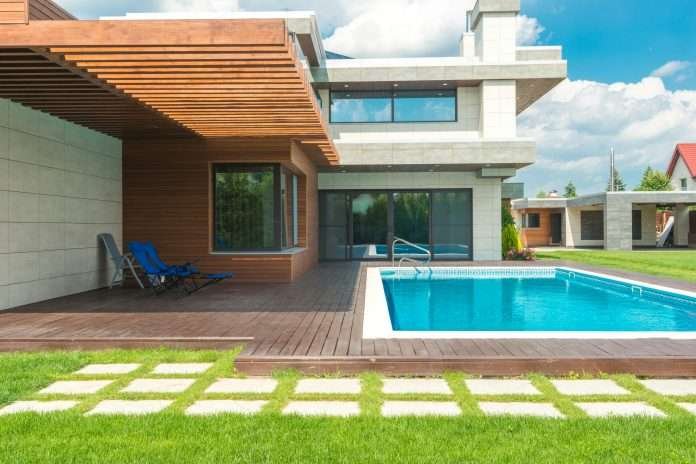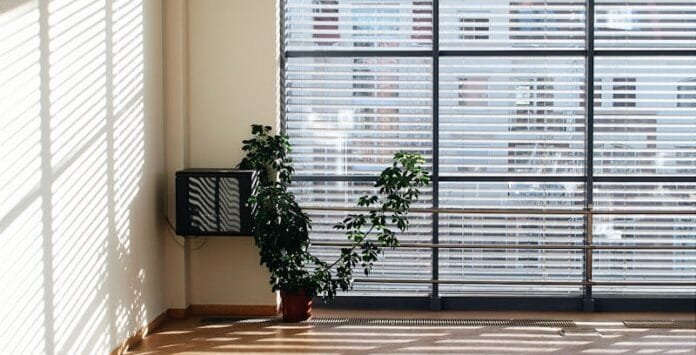As a homeowner, you may find yourself wondering when the right time is to replace your windows. While windows are built to last, they don’t last forever. Knowing when to replace your windows is essential for maintaining a comfortable, energy-efficient, and secure home. In this blog post, we’ll discuss the factors that influence window replacement and provide guidance on how often you should consider upgrading your fenestration.
The Lifespan of Windows
The lifespan of windows varies depending on the material, quality, and maintenance. On average, windows last between 15 to 30 years before requiring replacement. However, this is just a general guideline, and several factors can influence the need for replacement much earlier or later.
uPVC windows, for example, can last up to 30 years or more with proper care and maintenance. Timber frames, on the other hand, may need replacing after 15-20 years due to their susceptibility to rot and warping. Aluminium frames are known for their durability and can last up to 45 years in some cases.
It’s important to note that these are average lifespans, and individual windows may need replacing sooner or later depending on their exposure to the elements, the quality of installation, and the level of maintenance they receive.
Signs That Your Windows Need Replacing
While age is a factor in determining when to replace your windows, there are several other signs to watch out for that may indicate the need for replacement:
- Drafts and air leaks: If you feel cold air coming through your windows or notice your curtains moving even when the windows are closed, it’s a sign that your windows are no longer sealing properly.
- Condensation between panes: Double and triple glazed windows are designed to prevent condensation between the panes. If you notice moisture or fogging between the glass, it means the seal has failed, and the window’s insulating properties are compromised.
- Difficulty opening and closing: Windows that stick, jam, or won’t stay open are not only frustrating but also pose a safety risk. This may be due to warped frames, damaged hinges, or balance issues.
- Visible damage: Cracks, chips, or breaks in the glass or frame not only affect the appearance of your windows but also reduce their energy efficiency and security.
- High energy bills: If you’ve noticed a sudden increase in your energy bills, it could be a sign that your windows are no longer providing adequate insulation.
The Benefits of Timely Window Replacement
Replacing your windows at the right time offers numerous benefits for your home and your wallet:
- Improved energy efficiency: Modern, energy-efficient windows can significantly reduce heat loss in the winter and heat gain in the summer, helping to lower your energy bills and carbon footprint.
- Enhanced comfort: New windows can eliminate drafts, reduce outside noise, and provide better temperature regulation, creating a more comfortable living environment.
- Increased home value: Upgrading your windows can boost your home’s curb appeal and resale value, making it a worthwhile investment.
- Better security: Modern windows often feature improved locking mechanisms and more robust frames, providing an added layer of security for your home.
Conclusion
While windows can last for decades, it’s important to be aware of the signs that indicate the need for replacement. By replacing your windows at the right time, you can enjoy a more comfortable, energy-efficient, and secure home while also boosting its value. If you’re unsure whether your windows need replacing, consult with a professional fenestration specialist who can assess your windows and provide personalised recommendations based on your specific needs and budget.







